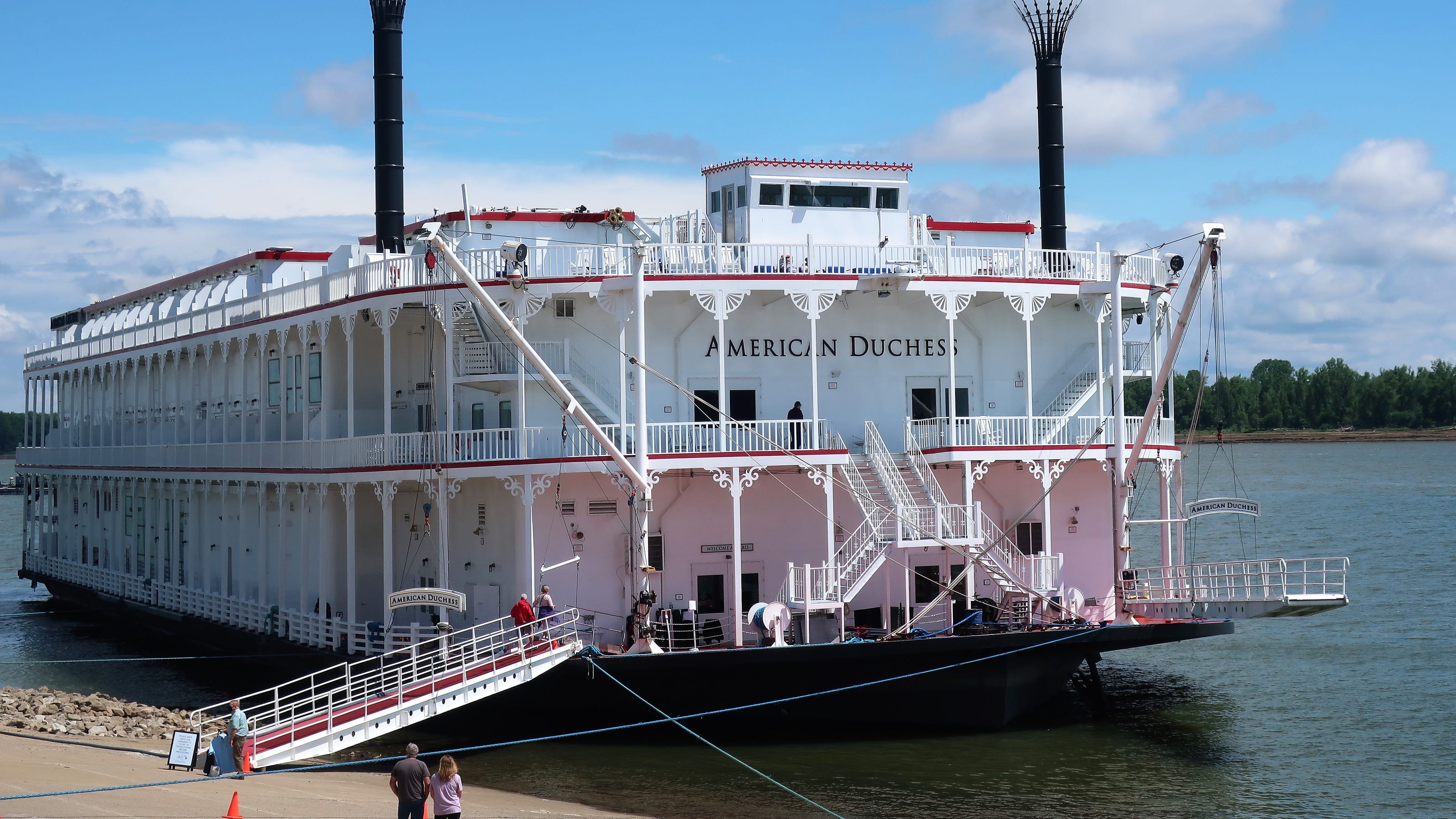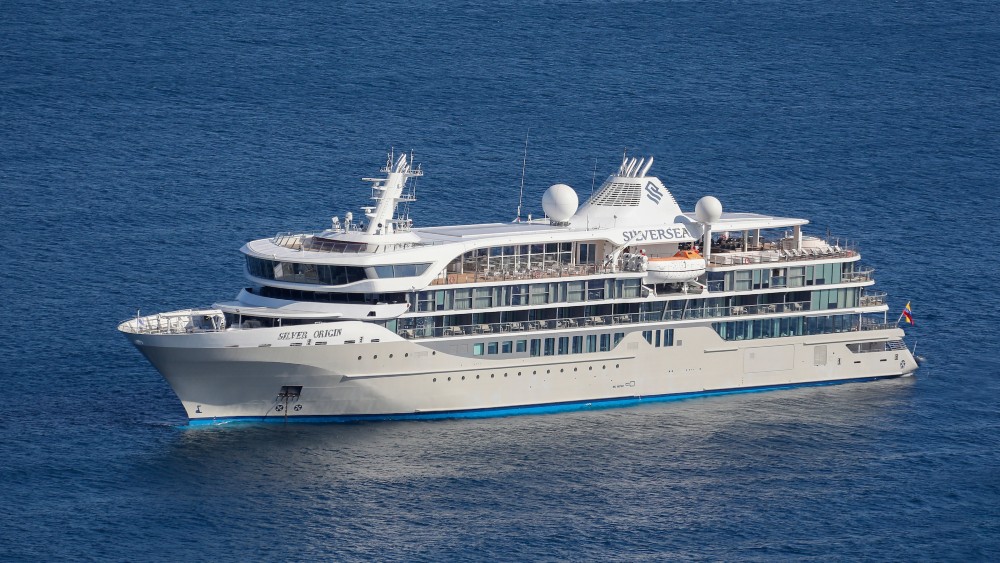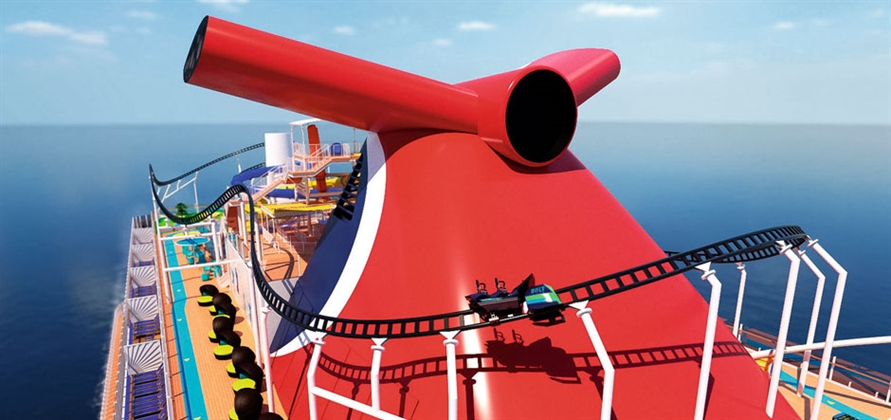
There are many positions on a cruiseship. Here's a rundown on what to expect. This includes the pay, location and responsibilities for each job. There may be multiple responsibilities and duties for some positions. Many of the most popular positions require a range of duties and responsibilities, such as that of a port lecturer.
Positions
A cruise ship is a great place to begin a career as a travel professional. There are many opportunities available. Most require certification or some degree. While many positions can be onboard, some require shore-based experience.

Responsibilities
From helping passengers to book their excursions and reservations, cruise staff have many responsibilities. They will need to be able to communicate effectively with people from all walks of life. Staff members are responsible for making sure that guests have a pleasant experience aboard the ship.
Localities
Many different jobs are available on cruise ships. Whether you want a job on a luxury liner or a lower-paying, entry-level position on a smaller vessel, there is a job for you. You'll be responsible to meet the needs of passengers onboard and keep them entertained. You'll be doing cabin cleaning, laundry, and food service on cruise ships. You'll also have the opportunity to learn new skills, including computer programs and learning a new language.
Pay
There are many factors that affect the pay of cruise ship staff. For example, a bartender on a luxury cruise ship can earn as much as $2,200 a month, which includes tips. A cabin steward on a less expensive cruise ship will earn $650 to $1150 per month. Even though they aren't paid much, cruise ship staff work flexible hours and often have long schedules.

Social life
Crew members of cruise ships often form close social networks based upon their nationality and other commonalities. Some crew members are able and able to build lasting friendships, while others can't seem to be able or willing to part from the group. Cruise ship crews enjoy having fun with one another and celebrating their achievements.
FAQ
Is food allowed on a cruise?
The answer is yes All cruises include complimentary food. You will have to pay for drinks if you want to enjoy them.
Costs vary depending on the type of ship that you sail on. For example, for a cruise on a luxury vessel, you might pay $20-30 per drink. A smaller boat will likely cost you less, at $10-15 per head.
Where do cruises actually start?
Miami, Florida is the main destination for cruise vacations. It has both international ports and airports, so cruises leave from Miami. These two locations permit passengers to explore South America and Europe.
Why are cruise vacations popular?
Because they provide a fun vacation experience that isn't confined to long flights and airport delays, cruises are becoming increasingly popular. Cruises also offer a relaxing environment that allows passengers to have fun without worrying about the details of their daily lives.
Travelers can also visit other destinations by boat, which makes it possible for them to cruise ships. They have plenty of time to explore all the attractions and sights in each destination.
Do I have to tip my Cruise Director
This varies by cruise line. Some cruise directors get tips, while others do not. It is best to ask your Cruise Director before you board the ship to find out if they expect tips. They will tell you if they expect tips.
These 4 factors will determine the price of your cruise.
The most important factors that determine the cost of a cruise include the amount of time you wish to spend onboard, whether you prefer an all-inclusive package or how many people you intend to bring along and the type of cabin you booked.
Where should I go on my cruise?
You should think about where you would like to go if you're interested in visiting other ports of call. You can also use this information to help narrow down your search. You might choose a cruise that includes places such as Alaska and Bermuda, Canada, England. France. Greece. Italy. Spain. Turkey. If you are more into beaches and water sports, you might want an itinerary that includes destinations such as Jamaica, Aruba, Bahamas, Costa Rica, Panama, Hawaii, Tahiti, etc.
Statistics
- For an example of savings, Royal Caribbean offers up to a 40% discount with a dining package. (travel.usnews.com)
- In addition, 10 to 15 percent gratuity is typically added to bar bills — for alcohol and soft drinks — and gratuities are applied to spa treatments. (cruiseline.com)
- You can save 15% off the total price if you book in advance of your trip. (travel.usnews.com)
- You'll need to budget around $80 per person per day for this option – and an additional 18% gratuity. (travel.usnews.com)
External Links
How To
How to stay safe when on a Cruise Ship
Before embarking on your cruise ship journey, there are many important things you should know. You must understand how to behave when onboard so you don't get into trouble. Here are some safety tips you can use to make sure you have a great trip.
-
Always be aware of what is happening around you. People often gather onboard cruise ships to share meals. It is easy to lose sight of your task when you are surrounded by people who want food and chat. This shouldn't distract you from the work you are supposed to do. If you witness someone smoking or drinking alcohol, please tell them politely that they must stop.
-
When you board the ship, keep your room key close by and give it to the person checking in. They'll be able to find you quickly if you need it. Also, make sure to have your passport.
-
Keep valuables hidden from view. Most cabins have drawers under their beds. It is a good place to store valuables like money, credit cards, passports, etc. Be sure to keep nothing valuable out of plain sight. You should keep your bags hidden away from others.
-
Keep hydrated. While cruise ships have plenty of water, sometimes it can be difficult for passengers to remember to drink enough. Make use of the free bottled water provided throughout the ship. Keep yourself hydrated. Dehydration can make you tired and cranky, which can lead to fights or other accidents.
-
Always pay attention to announcements. Announcements can be found everywhere including on television screens and on public address systems. They include safety procedures, emergency exits, and even weather reports. Pay attention to these announcements. These announcements could save your life.
-
You should lock your door before you leave your cabin. No matter how helpful a crew member appears, you should never leave your cabin unlocked. Thieves often break in through unlocked doors. A crew member can grant permission to use the restroom.
-
Avoid going alone overboard. If you fall overboard, it takes time for the ship's crew to rescue you. Your body could be attracted by sharks or other sea animals. It is best to wait for help.
-
Never smoke inside the elevator. These elevators can quickly become smokey due to their high pressure. Get off immediately if you feel dizzy or lightheaded. The fresh air outside doesn't necessarily mean you can breathe easily.
-
Know the evacuation procedure. Every year, thousands are killed in elevator accidents. If an emergency occurs, follow the instructions on the screen.
-
Get familiar with the fire drill. Fire drills take place regularly, almost every day. Everyone on deck needs to evacuate during a drill. Follow the crew members' directions. Once the drill has been completed, return back to your cabin.
-
Before accepting food or drinks, ask questions. Cruisers can get food poisoning. It is common for people to not realize that certain foods can't be eaten onboard ships. Many cruise ships ban raw oysters. If you're unsure whether or not the food you've been offered is safe, politely refuse and look for another meal instead.
-
Be careful when using the pool. Many passengers have accidentally fallen into the pool. Do not be alarmed if you fall in the pool. You can also slip and fall off the deck at any moment. So always wear proper footwear and pay attention to your surroundings.